Norway expects more economic and trade collaboration with China in various areas as the two countries strive to achieve common goals on environmental issues and with regards to healthy food, a Norwegian official says.
Over the 70 years since China-Norway diplomatic relations were established, there has been "great collaboration, and we are cooperating in a lot of ways", said Tore Sandvik, state secretary to the Norwegian Ministry of Trade, Industry and Fisheries. He sees enormous potential for closer collaboration in the years to come, he said.
Norway, with 5.5 million people, has one of the longest coastlines in the world and is the second-biggest exporter of seafood after China.
"China is the largest shipbuilding nation in the world, and this creates opportunities for Norwegian maritime and shipping companies," Sandvik said. "Norwegian companies are leaders in developing innovative technologies, particularly in sectors such as renewable energy and electric transportation. Thus we see much in common and possible collaboration with China."
More than 160 Norwegian companies have a presence in China, according to a report published by the Norwegian consulate general in Shanghai. Most of the respondents cited in the report said they were optimistic about the business outlook for their industries over the coming three years.
Among the industries that Norwegian businesses are involved in in China, maritime and shipping, consumer, machinery, seafood, green technology and renewable energy are the most prominent, the report said.
As China strives to cut carbon emissions, Norway is doing the same, and consciousness of environmental issues is particularly acute in industries such as maritime, renewable energy and electric vehicles.
"Norway and China have a lot in common and share the goal to become renewable in energy and more and more an electric country," Sandvik said. "Hydrogen and ammonia, battery technology, offshore wind and low-emissions shipping are among the areas that Norway currently focuses on. We think we have broad space for cooperation in green transformation."
In the Norwegian market, Chinese EVs are making a notable contribution to the country's efforts to protect the environment.
About 25 percent of all cars in Norway are electric, Sandvik said, and nearly 90 percent of new car market sales are electric vehicles.
"I can see a lot more Chinese EV brands on Norwegian roads now. The Chinese EV market is rapidly increasing, and it is a fair competition in Norway. ... Norway is aiming to become the world's first nation to end the sale of gasoline and diesel cars by 2025, so Chinese EV brands have opportunities to compete well in the Norwegian market."
Another highlight of bilateral economic ties is the seafood industry. Led by salmon, Norwegian seafood exports to China reached 158,909 metric tons last year, with exports worth $804 million, 18 percent more than in 2022 and accounting for 23 percent of the total value of its exports last year, the Norwegian Seafood Council says.
Christian Chramer, chief executive of the council, said that despite increasing competition from countries such as Chile and New Zealand, Norway has enjoyed steady growth in China based on the long-term relationship with Chinese retailers, importers, restaurants and hotels.
Norwegian businesses nurse strong ambitions to do well in China, he said, and more is being done to cater to the shopping preferences of Chinese, including their demand for healthy products.
China was the sixth-largest growth market for seafood from Norway last year, he said. "We see that the local consumers are young and very digital online shoppers. They are trendy, and they inspire each other."










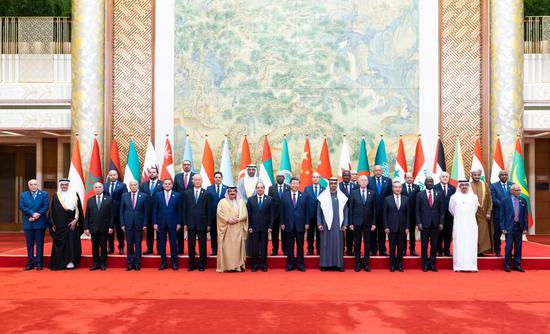

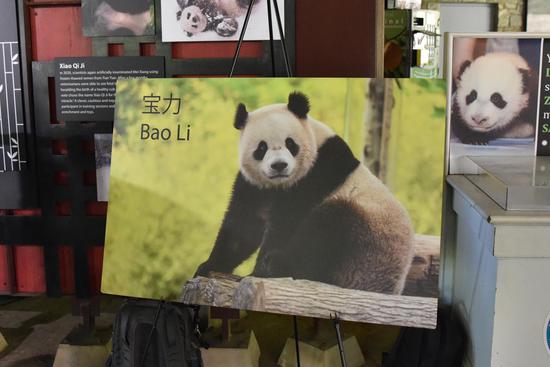


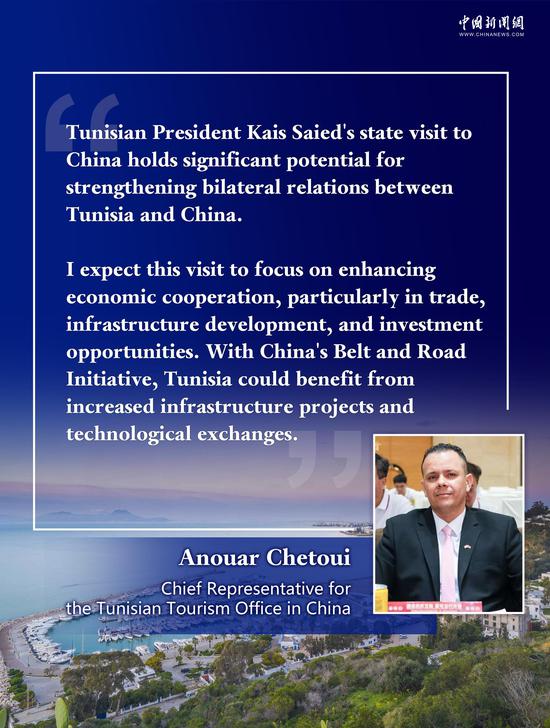



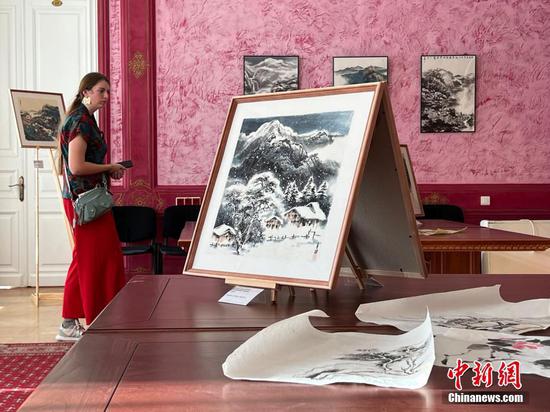










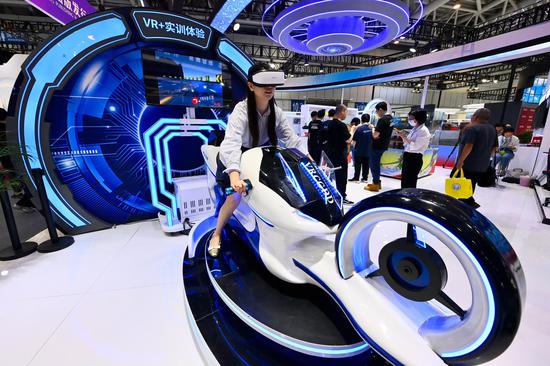
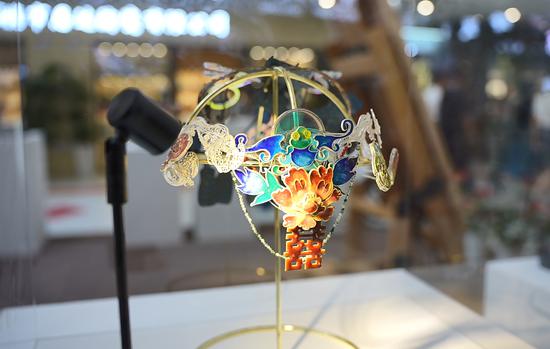

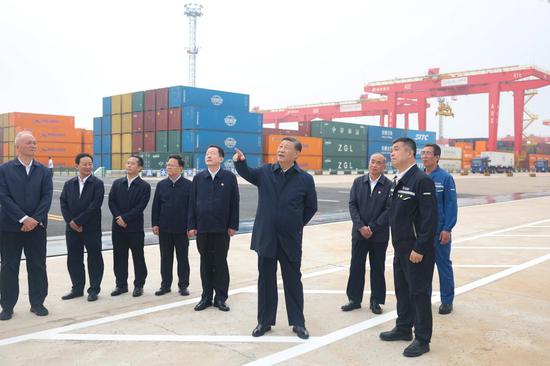
















 京公网安备 11010202009201号
京公网安备 11010202009201号